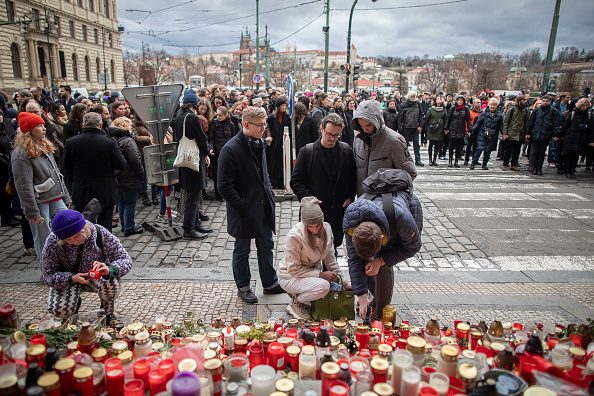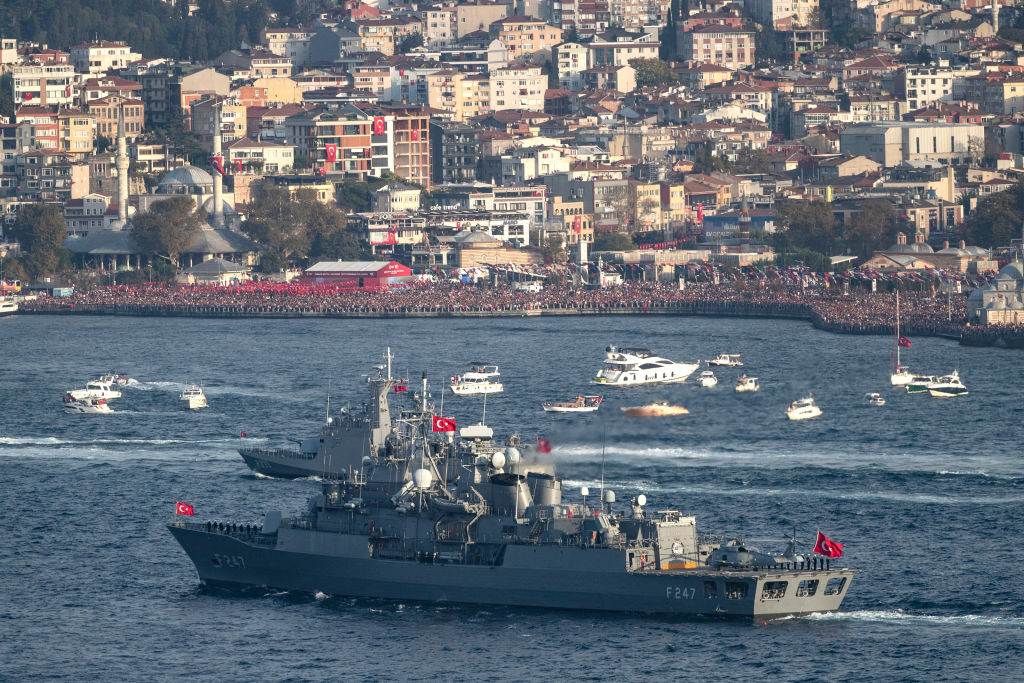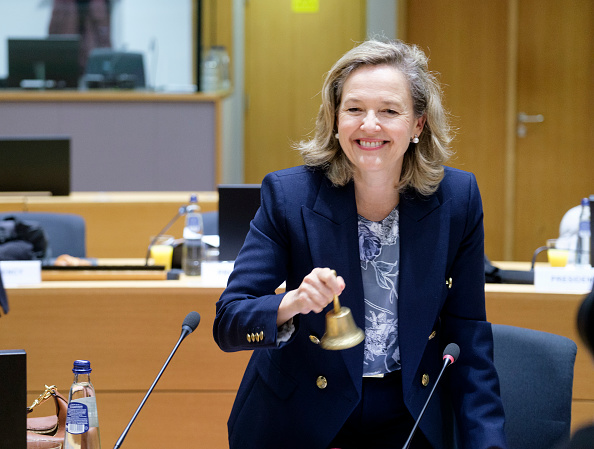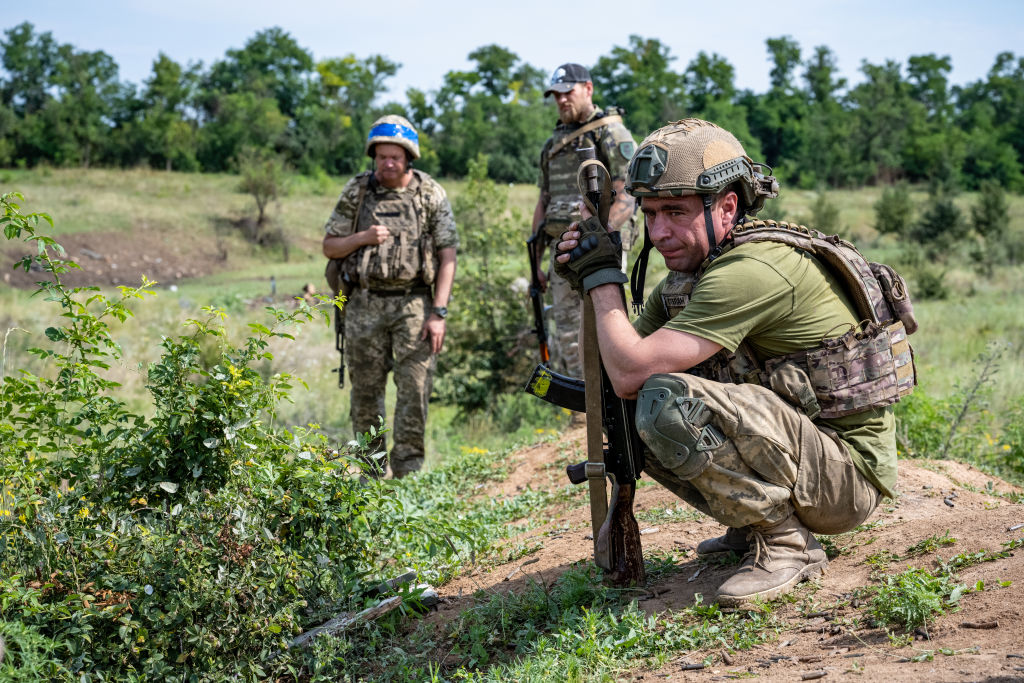Czech President Petr Pavel said much-needed artillery rounds for Ukraine should start to arrive within weeks following Prague’s successful initiative to source 800,000 shells from outside the European Union.
Twelve months ago, the EU promised Kyiv 1 million artillery shells by the start of this month but has only been able to deliver 52 per cent of those by the deadline.
Ukraine’s foreign minister Dmytro Kuleba told EU foreign ministers on March 6 his country needs at least 2.5 million such armaments this year, or around 7,000 per day.
At current rates, Russia is able to produce 3 million shells a year, compared to 1.2 million for the US and EU combined, according to Ukrainian-American economics professor Roman Sheremeta.
As a result, Russia is able to fire 10,000 shells daily, while 2,000 a day is the maximum for Ukraine: an advantage that helped Moscow seize the Ukraine city of Avdiivka on February 17 and has given Moscow’s forces the battlefield edge since.
“In some areas of the front, the situation is even worse,” said Sheremeta.
Prague’s plan under Pavel – a retired Czech general and former chair of NATO’s military committee – was to plug some of the artillery gap by using European countries’ financial clout to buy-up shells from outside the US, EU or elsewhere.
Germany’s news outlet Bild and online sources have suggested the artillery is being bought from South Korea, Turkey, South Africa and, possibly, Pakistan. In addition, they come at three or four times less than the cost of producing them in the EU, it is said.
With 18 countries contributing to the financing, including Norway with a recent €140 million input, the plan to buy 800,000 shells had been fully funded, Pavel told reporters on March 7.
The Czech leader “deserves huge credit for making this innovative deal happen”, said Ian Birrell, a foreign correspondent and co-founder of Africa Express, a UK-based NGO.
Confusion, though, then emerged over the specific amount of funding after Czech Prime Minister Petr Fiala tweeted March 8 that Prague had only “managed to raise enough money to buy the first batch of 300,000 artillery shells”.
Possibly Fiala’s statement had not taken into account the Norwegian funding, suggested Colby Badhwar, an independent Canadian security analyst.
“I assume that [Pavel] meant covering the first batch, not our entire initiative,” Ukraine’s national security adviser Tomáš Pojar told Czech online newspaper Denik N on March 7.
A Norwegian Government press release that day also said Prague aimed to provide “up to 1 million” shells, leading Badhwar to wonder: “Did they find another 200,000 for sale?”
Ukraine is not the only country to be securing extra artillery shells from overseas friends.
North Korea’s Supreme Leader Kim Jong-un is said to have now sent 1.5 million such armaments to Russian President Vladimir Putin following their meeting in September last year.
According to South Korean MP Yoo Sang-bum in November, his country’s National Intelligence Service believes the North had shipped more than 1 million shells to Russia since early August, which would amount to about two months’ worth of supplies, Yoo said.
Still, those shells are more than a half century old and half do not work, Major-General Vadym Skibitsky, deputy chief of Ukraine’s intelligence directorate, told the Interfax-Ukraine news agency.





